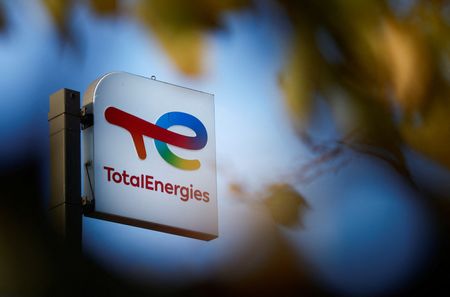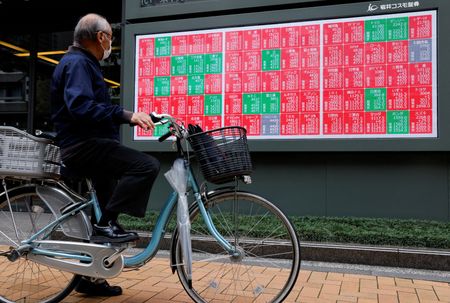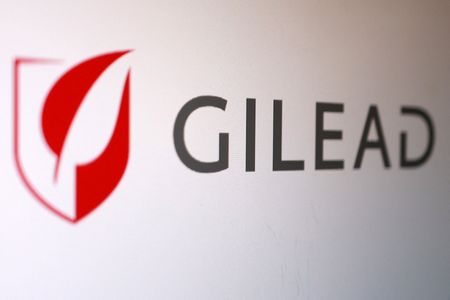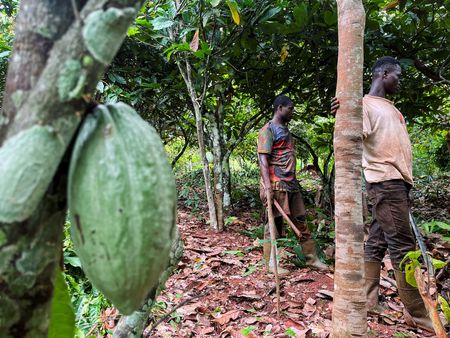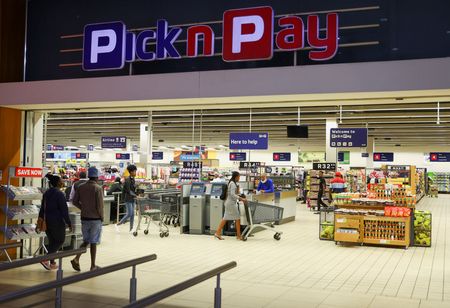PARIS (Reuters) -A European human rights nonprofit on Tuesday accused TotalEnergies of complicity in war crimes, torture and enforced disappearances allegedly carried out by government soldiers in Mozambique, filing a criminal complaint with French prosecutors.
The French oil major, along with its project partners, recently lifted force majeure on their $20 billion Mozambique LNG project, four years after a deadly Islamist militant attack brought construction to a halt.
The complaint seeks to tie Total to alleged torture carried out by Mozambican soldiers on its evacuated gas project site from July to September 2021, after the oil company exfiltrated its employees and handed the land to the government — on the grounds that TotalEnergies was paying soldiers’ salaries as part of a security arrangement with the state.
TotalEnergies did not immediately respond to requests for comment via email and telephone. Last year it stated it had not been aware of any torture allegations at its evacuated site, and that its employees left in April 2021 and did not return until November 2021, after the alleged events took place.
“Companies and their executives are not neutral actors when they operate in conflict zones: if they enable or fuel crimes, they might be complicit and should be held accountable,” the European Center for Constitutional and Human Rights (ECCHR), which filed the criminal complaint, said in a statement.
The complaint was filed with the French anti-terrorism prosecutor (PNAT), which investigates domestic and international crimes. The PNAT was not immediately available for comment.
The Mozambican government has since opened an investigation into the allegations.
Separately, TotalEnergies is still under investigation by French prosecutors for allegedly failing to assist people in danger during the 2021 Islamist attack and evacuation. No charges have yet been filed, and Total has denied wrongdoing.
The oil major is preparing to restart Mozambican LNG in “containment mode,” with workers allowed in by air or sea only for security reasons, expecting the project to come online in 2029.
(Reporting by Alessandro Parodi, Editing by Louise Heavens)

